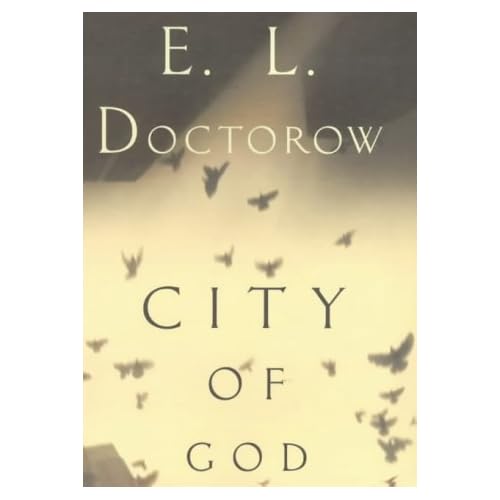.jpg) In a word: meh. Warning: spoilers follow.
In a word: meh. Warning: spoilers follow.This is a fairly mindless action flick, I'm afraid. A mediocre one, liberally sprinkled with charming moments. The real point of the book, which is the conflict between belief and disbelief, between faith and unbelief, is almost completely buried and allowed to surface only briefly here and there to keep the lovers of the original happy. Trumpkin's personal journey from cheerful skeptic to sturdy believer is so glossed over it loses all its resonance and power to move. (I also missed the cheerfulness of the book's Trumpkin. The movie version is too melancholy to smile, although thankfully still with enough spirit to deliver a zinger or two.) Having removed the psychological motor of the story, the screenwriters tried to replace it with cheap tricks: an improperly developed power struggle between Peter and Caspian (oh please, if you're going to introduce new elements, at least do it right), a spark of romantic interest between Caspian and Susan (which they both relinquish far too easily) and Peter's anguish at having to sacrifice soldiers in the unsuccessful attack on Miraz's castle (yes, you're right, that wasn't in the book). This last one illustrates everything that was wrong with the movie. In an attempt to reintroduce depth, cheap tricks are used half-heartedly. Peter's anguish comes from nowhere and leads to nowhere. It's a throw-away moment and develops nothing. Both Caspian and Peter play with the idea of calling in the White Witch and are rescued from themselves by others. Again, it came from nowhere and led nowhere, is explained nowhere and explains nothing itself. Cheap, cheap, cheap. When Caspian proposes a duel with Miraz, it falls to Peter with no explanation whatsoever of why that should be. Again, cheap and poorly thought out.
The charming moments were almost entirely lifted from the original text of the book although Reepicheep and Trumpkin both get a couple of good original lines. The fate of the cat in Miraz's castle provided one of the good laughs. (I'm not going to spoil everything here.)
Visually, the movie is a treat and the special effects work very well.
One had to wonder at the decision to cast the Telmarines as Spaniards, both in their style of dress and armour, and in their accents. All the more amusing, since so many of them were played by Italians. It was an unexpected, but defensible decision.
Still, I can't help but mourn C.S. Lewis's spirited attack on modernity, perhaps best exemplified by the trashing of the schools as centres of indoctrination. Needless to say, this didn't make it into the movie. The central theme of the book was completely excised from the movie. What was left was moderately entertaining on a superficial level, but breaks down rather quickly on examination.
I'll probably watch the movie one more time when it comes out on DVD, just to catch the lines I missed (especially the one that everybody else laughed at). I doubt I will have any desire to see it again after that.
ETA: You can find a somewhat less snarky review here, which manages to find some good things to say (which I happen to agree with) even while pointing out even more problems.
Technorati tags: Prince Caspian, Chronicles of Narnia, C.S. Lewis










